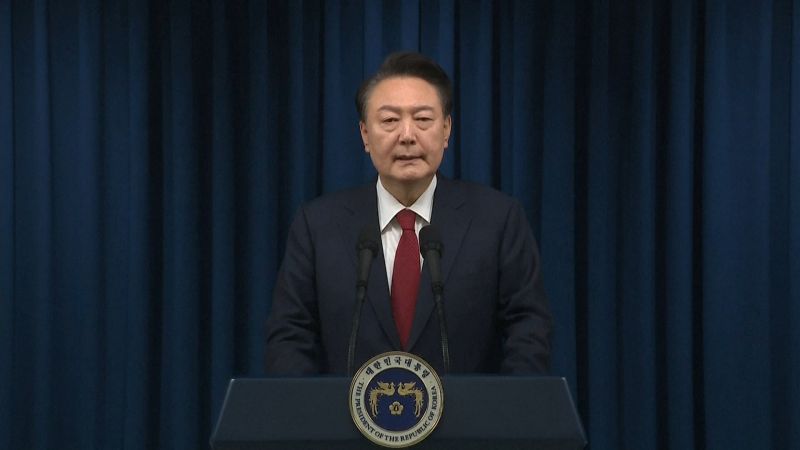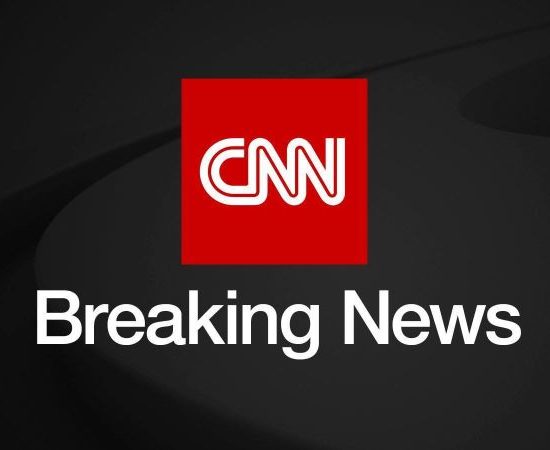In a rare moment of political contrition, South Korea’s newly elected President Yoon Suk Yeol has publicly apologized following an abortive attempt to impose martial law in the country. This apology signifies a watershed moment in South Korea’s politics, illustrating the robustness of the democratic institutions and the checks on power in the country. Furthermore, it provides a valuable insight into the character and governing approach of the South Korea’s conservative leader.
President Yoon’s push for martial law, temporarily placing military control over civilian functions, had stirred a flurry of controversy. Intentions behind imposing martial law are often attributed to preserving stability and order during crises. However, it is also a tool that can be used to control or even suppress dissention, curtailing democratic freedoms and rights, hence making it a universally sensitive issue.
What unfolded in South Korea, however, was a stark reflection of robust democratic resilience. The abortive imposition indicates active forces within the political ecosystem that are intent on protecting the democratic principles upon which the nation is founded. The government institutions and the judiciary showed their efficacy, preventing a potential democratic backslide.
Public outcry and contention were fervent, illustrating the nation’s commitment to securing democratic freedom. The vocal criticism faced by the President Yoon’s administration is a testament to the embracing of democratic values by the South Korean citizens. The country’s vibrant civil society and free press served as a bulwark against any undemocratic moves.
A significant factor to note in this whole fiasco was President Yoon’s response to the situation. Often, leaders embroiled in such high-stake controversies are given to defiance. Yet, President Yoon chose the path of public apology. An act of atonement at such a high level is rare, especially in Asian societies where it can be viewed as a loss of face.
This act of public contrition from President Yoon is an important testament to his political ethos. It demonstrates his willingness to acknowledge mistakes. This kind of leadership, though humbling, can lead to a more honest and accountable governance. It is a pragmatic approach, deviating from common, often rigid, political theatrics.
However, President Yoon’s apology should not detract from the event’s serious implications. It remains imperative for democratic checks and balances to be continually reinforced to avoid the recurrence of such attempts. Institutions need to be vigilant and active in their roles of safeguarding the democratic system. Furthermore, public awareness and engagement need to be robustly nurtured.
In overall summary, President Yoon Suk Yeol’s attempt to impose martial law paints a complex picture of South Korean politics. The failure of the implementation and subsequent public apology signifies a strong, active democratic system in place but also serves as a cautionary tale for the future. It’s a reminder that democracy is a constant work in progress and the vigilance of its guardians—both institutional and public—should never waver.




